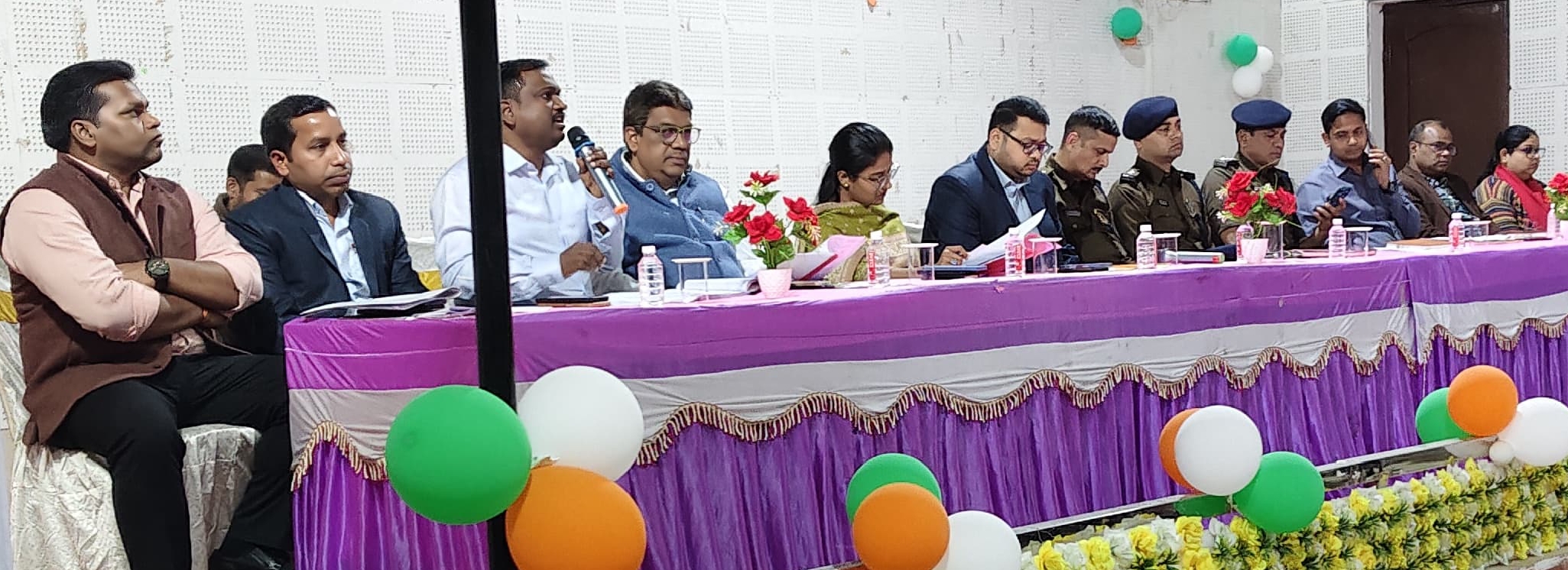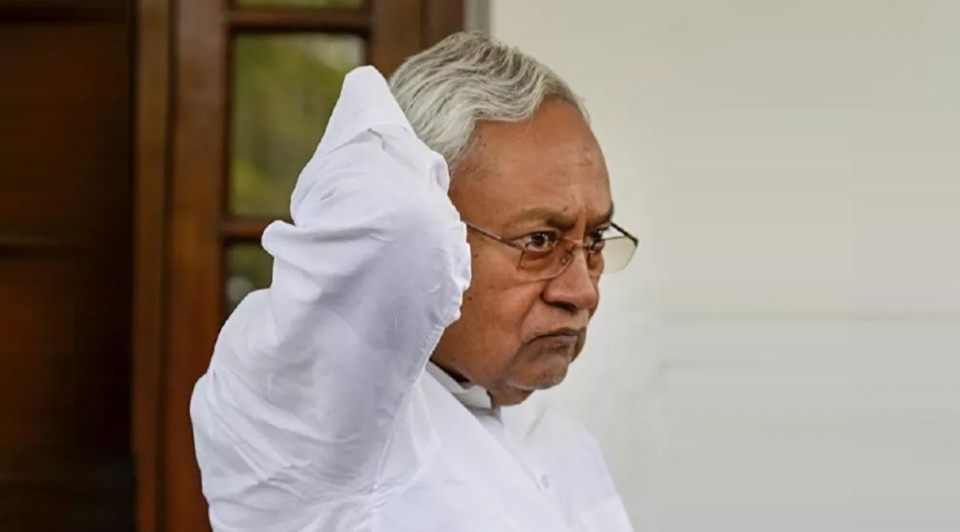
This detailed timeline showcases the Tata Group’s remarkable journey from a small trading company to a global conglomerate, highlighting the leadership qualities that have driven its success at each stage.
Early Years (1868-1917)
- 1868: Foundation – Jamsetji Tata founded a trading company with a capital of ₹21,000. This marked the beginning of the Tata Group, which would grow to become one of India’s largest and most respected conglomerates.
- 1874: Empress Mills – Jamsetji established the Empress Mills in Nagpur, marking the group’s entry into the textile industry. This venture was notable for its advanced technology and worker welfare measures.
- 1903: Taj Mahal Hotel – The Taj Mahal Hotel in Mumbai was opened, setting new standards for luxury and hospitality in India. It was the first hotel in India to have electricity.
- 1907: Tata Steel – Tata Steel was established in Jamshedpur, becoming India’s first integrated steel plant. This was a significant step in India’s industrialization.
- 1911: Tata Power – Tata Power was founded, pioneering hydroelectric power generation in India. This initiative helped in providing reliable electricity to Mumbai.
- 1912: Worker Welfare – Tata Steel introduced an eight-hour working day, a first in India, reflecting Jamsetji’s progressive vision for worker welfare.
Growth Years (1917-1968)
- 1932: Tata Airlines – Tata Airlines, which later became Air India, was founded. This marked the group’s entry into the aviation sector and laid the foundation for India’s national carrier.
- 1945: Tata Motors – Tata Motors was established, initially producing locomotives and later expanding into commercial vehicles. This diversification helped the group become a key player in the automotive industry.
- 1948: Tata Chemicals – Tata Chemicals was founded, becoming a leader in the chemical industry. This expansion into chemicals further diversified the group’s industrial base.
- 1968: Tata Consultancy Services (TCS) – TCS was founded, which would grow to become a global leader in IT services and consulting. This marked the group’s entry into the technology sector.
Expansion Years (1969-2017)
- 1991: Ratan Tata’s Leadership – Ratan Tata became the chairman, leading the group through a period of global expansion and modernization. His leadership was marked by strategic acquisitions and a focus on innovation.
- 2000: Tetley Acquisition – Tata Tea acquired Tetley Tea, marking one of the first major international acquisitions by an Indian company. This expanded Tata’s presence in the global beverage market.
- 2004: Daewoo Acquisition – Tata Motors acquired the heavy vehicles unit of Daewoo Motors in South Korea, enhancing its capabilities in the commercial vehicle segment.
- 2007: Corus Acquisition – Tata Steel acquired Corus, a major European steelmaker, significantly expanding its global footprint and making it one of the world’s largest steel producers.
- 2008: Jaguar Land Rover Acquisition – Tata Motors acquired Jaguar Land Rover, entering the luxury automobile market and enhancing its global automotive presence.
- 2011: Riversdale Mining Acquisition – Tata Steel acquired Riversdale Mining in Mozambique, securing raw material resources and enhancing its global operations.
Recent Developments (2018-Present)
- 2020: COVID-19 Response – Tata Group played a significant role in India’s response to the COVID-19 pandemic, contributing to healthcare and relief efforts. This included setting up hospitals, manufacturing PPE, and supporting vaccination drives.
- 2021: Tata Neu Launch – Tata Digital launched Tata Neu, a super app integrating various Tata services, reflecting the group’s focus on digital transformation and customer-centric innovation.
- 2022: Air India Acquisition – Tata Group acquired a majority stake in Air India, marking its return to the aviation sector and aiming to revitalize the national carrier.
-
- 2024: Market Capitalization Milestone – On February 6, 2024, the Tata Group became India’s first conglomerate to reach a combined market capitalization of ₹30 lakh crore. This achievement underscores the group’s sustained growth and strategic leadership.
This detailed timeline showcases the Tata Group’s remarkable journey from a small trading company to a global conglomerate, highlighting its commitment to innovation, ethical business practices, and social responsibility.
![]()
Discover more from जन विचार
Subscribe to get the latest posts sent to your email.








